Building a ‘systemic approach’ to tilapia farming in Kenya could benefit local economies and the seafood sector
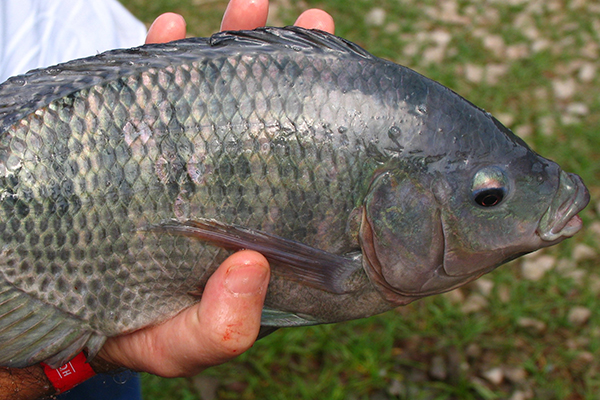
Lattice Aqua, a Kenyan aquaculture organization, has partnered with the Sustainable Trade Initiative (IDH), a Netherlands-based social enterprise organization, to improve the “productivity, profitability and sustainability of fish farms in Kenya.” According to an IDH press release, building a “systemic approach” for more sustainable and financially viable tilapia fish farming in Kenya will bring significant value to the sector, as well as to local people working in the fish farming business.
“Growing domestic and regional African markets have seen an increasing demand for fish and fishery products,” wrote IDH in the press release. “However, the combination of population growth and declining sea fisheries has led to a supply deficit with most African countries relying on fish imports although there is ample opportunity to farm fish domestically.”
In Kenya, the conditions for aquaculture practices for tropical fishes are optimal (due to high temperature and other local conditions) but poor cage and pond farming practices, lack of access to high-quality feed and fingerlings as well as affordable services (including finance) and management expertise has resulted in “failing, inefficient and unprofitable fish farms.”
“The work with Lattice Aqua aims to improve fish farmer incomes, support SMEs and farmers to access markets and create work opportunities while ensuring gender inclusivity,” wrote the IDH. “It is based on earlier activities that verified the positive influence of a data-driven approach and is done through an integrated ecosystem approach.”
This ecosystem includes the biggest feed producer in Kenya (Tunga Feed), the largest seed farms (Jewlet Enterprises and Kamuthanga fish farm), market off-taker (Aqua Rech), technical support from the Aquaculture Academy and financial institutions (Faulu Microfinance Bank and Juhudi Kilimo). Through the collaboration, Kenyan tilapia farming could become a sustainable and profitable business, provide livelihoods for locals and lead to economic prosperity throughout the sector.
Investors envision a connected sub-Saharan African tilapia farming industry
“The success of fish farming depends on multiple key factors, such as management practices, feed and fingerlings used, sales channels and data collection,” said Julie Muyela, regional head, Lattice Aqua. “However, prior to getting these factors in place, future fish farmers should decide on the type of farming system to invest in. This decision could make or break the success potential of their farm.”
Established by the Dutch government in 2009, IDH works with businesses, financiers, governments and civil society to realize sustainable trade in global value chains. This new, ongoing partnership with Lattice Aqua aligns with IDH’s goals in Africa, which include establishing long-term business relations between small and medium-scale enterprises (SMEs) and off-takers, addressing domestic food demand and deficits, generating employment and increasing the intra-African trade of food commodities while safeguarding the environment.
Follow the Advocate on Twitter @GSA_Advocate
Now that you've reached the end of the article ...
… please consider supporting GSA’s mission to advance responsible seafood practices through education, advocacy and third-party assurances. The Advocate aims to document the evolution of responsible seafood practices and share the expansive knowledge of our vast network of contributors.
By becoming a Global Seafood Alliance member, you’re ensuring that all of the pre-competitive work we do through member benefits, resources and events can continue. Individual membership costs just $50 a year.
Not a GSA member? Join us.
Author
-
Responsible Seafood Advocate
[103,114,111,46,100,111,111,102,97,101,115,108,97,98,111,108,103,64,114,111,116,105,100,101]
Related Posts
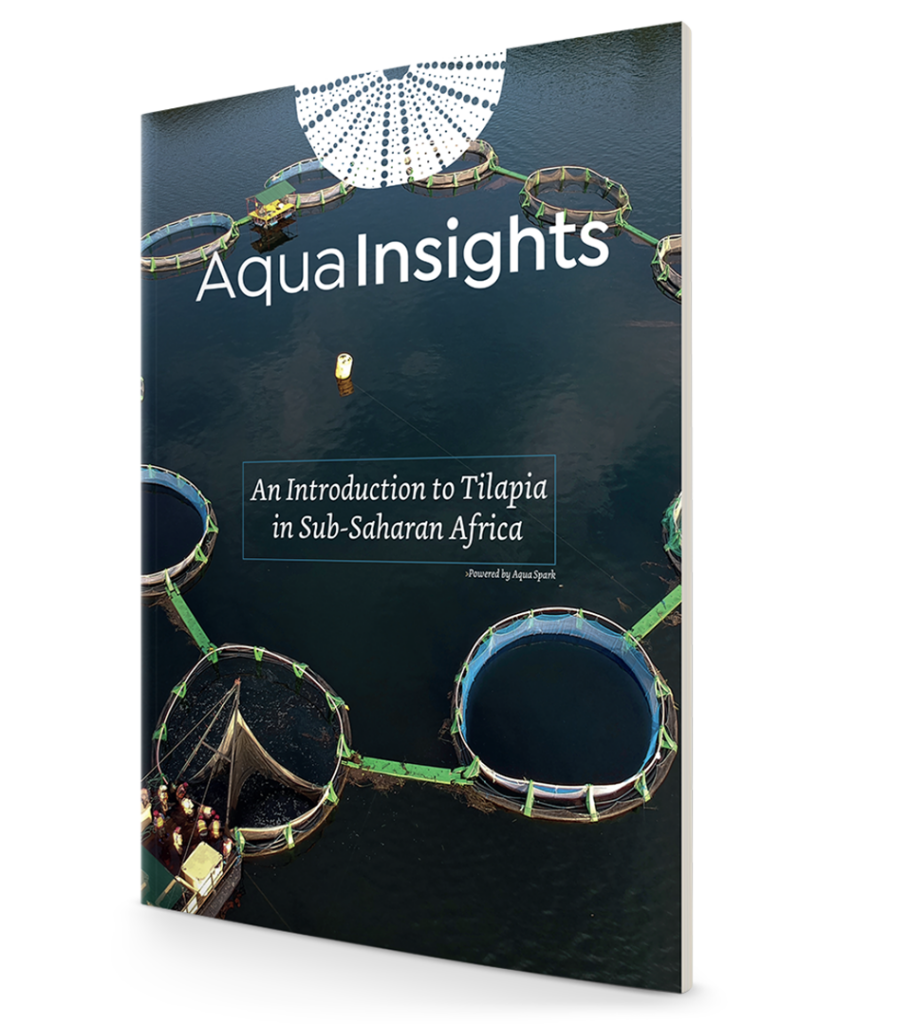
Innovation & Investment
Aqua-Spark report: Tilapia aquaculture key to food security across sub-Saharan Africa
A new Aqua Insights Report from Aqua-Spark finds that tilapia aquaculture is key to food security across sub-Saharan Africa.
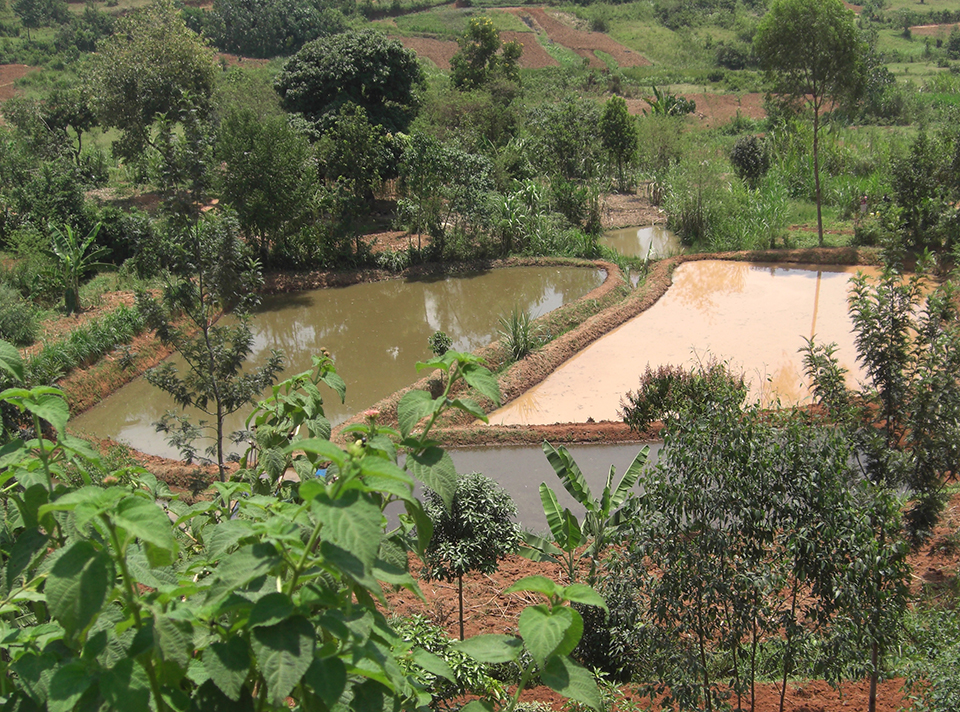
Health & Welfare
Uncharted waters: Kenya takes dramatic leap in aquaculture
Kenya's economic stimulus program includes a bold move to help the country’s small-scale farmers literally dig themselves out of poverty with fish ponds.
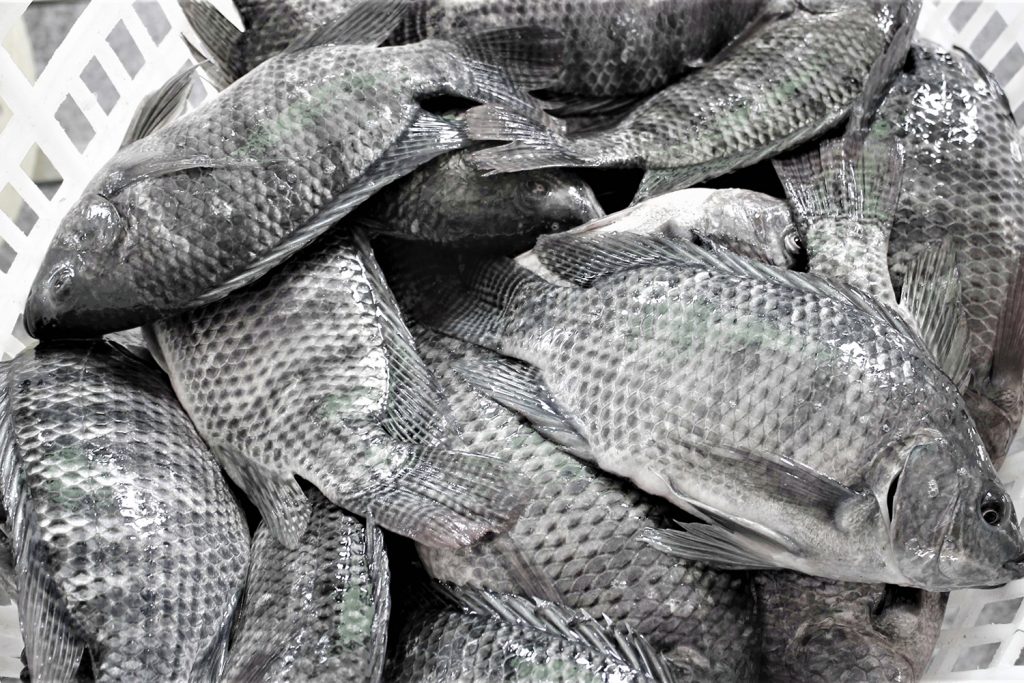
Health & Welfare
How feed and water additives are used on Egypt’s Nile tilapia farms
Trends in the use of additives in small-scale fish farming in Egypt show the need to establish costs and benefits and promote their appropriate use.
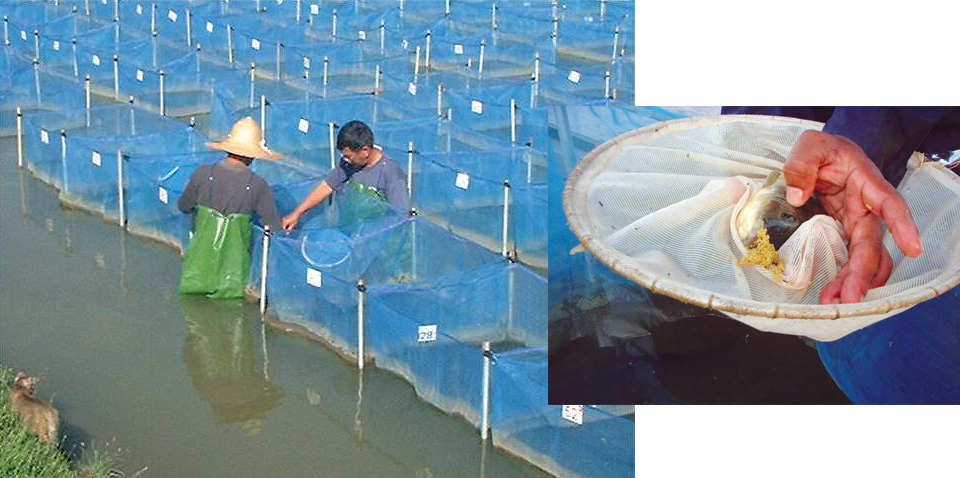
Health & Welfare
GIFT tilapia: Technology for successful selected strain continues
Selective breeding across multiple generations of Nile tilapia representing varied geographic populations yielded the “genetically improved farmed tilapia,” or GIFT tilapia, in the late 1990s.



